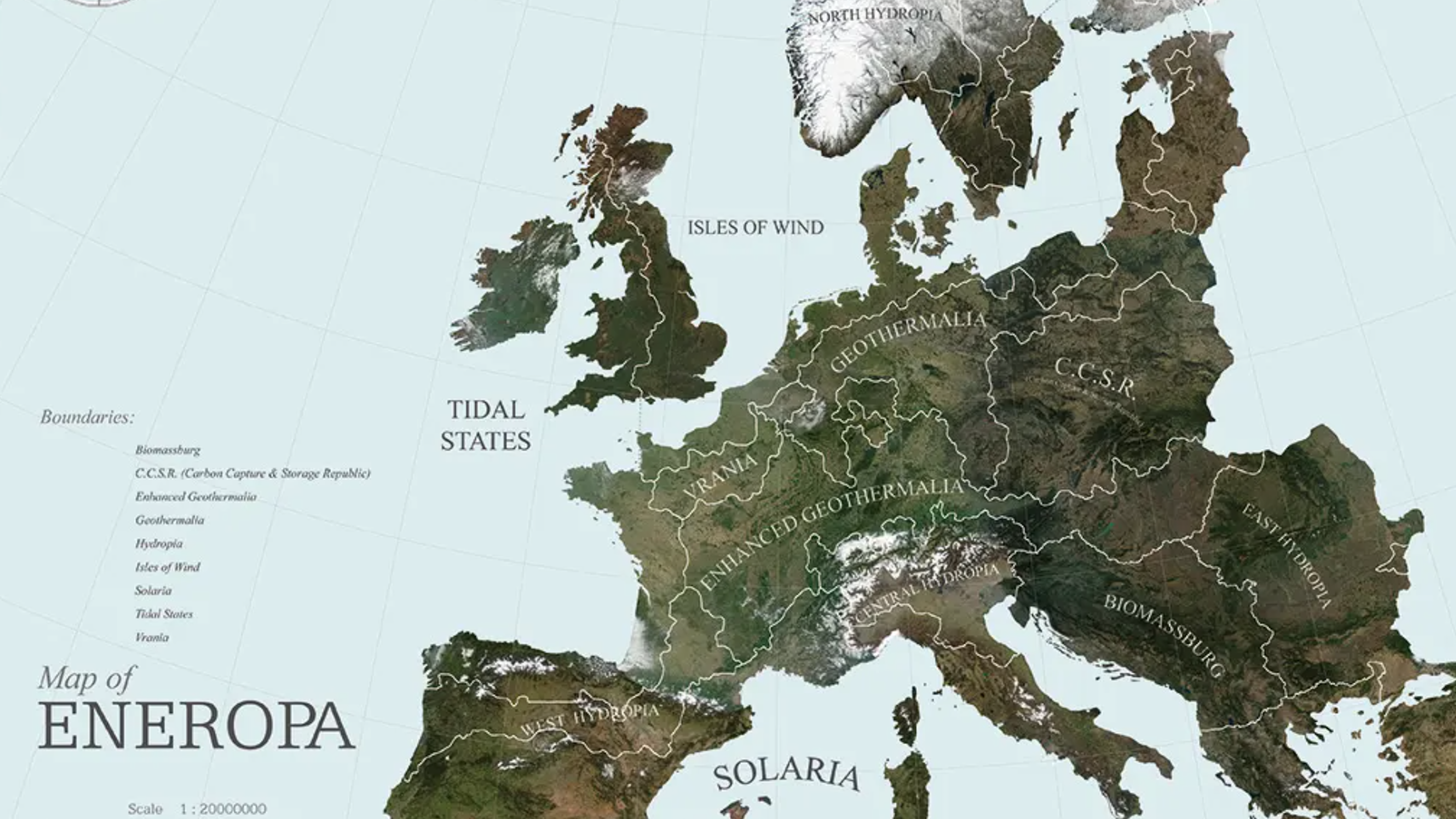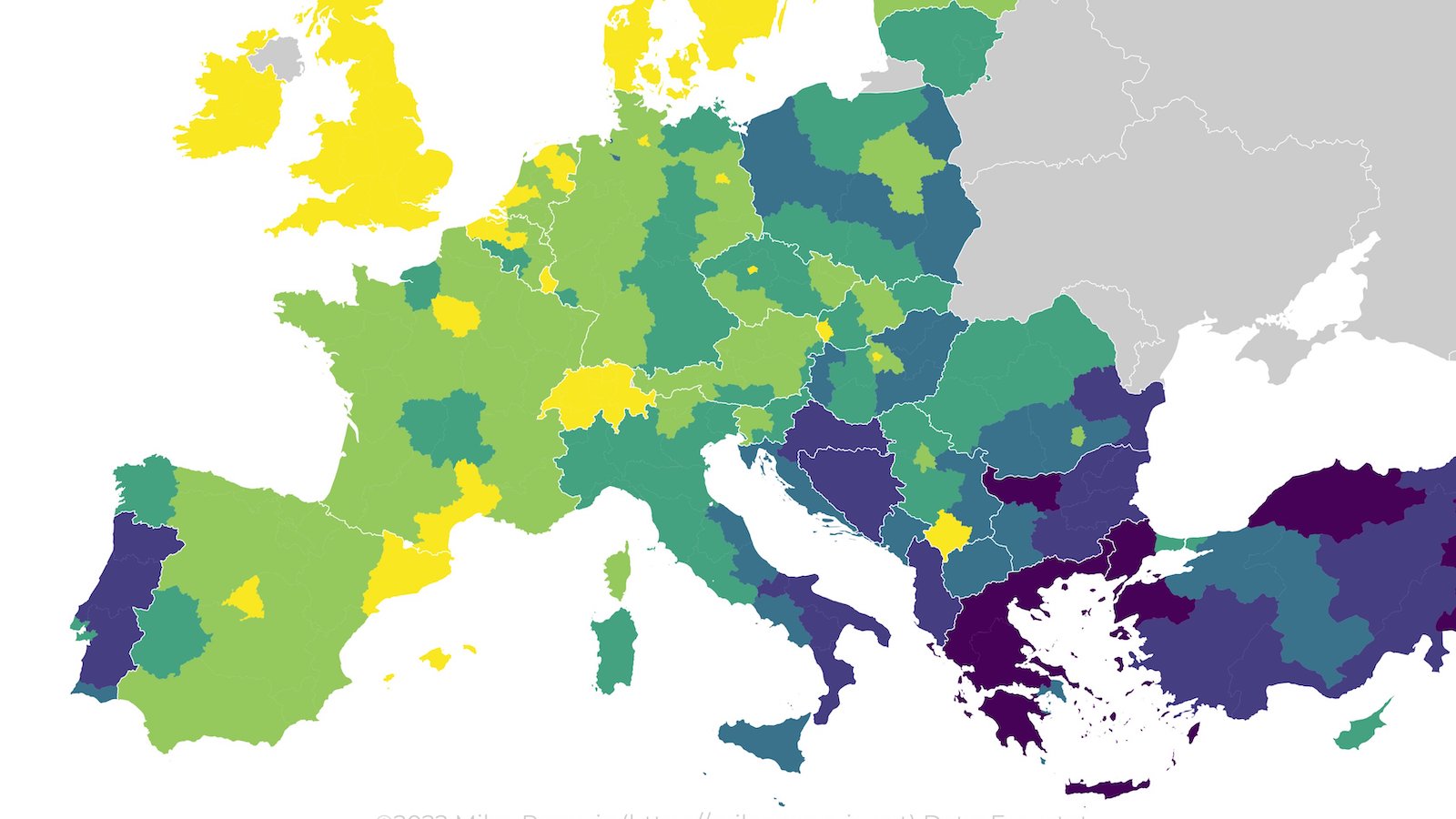The Importance of Romania’s New Holocaust Memorial
Romania just unveiled a new memorial dedicated to the hundreds of thousands of gypsies and Jews killed during the Holocaust. This is no small accomplishment for Romania. The country has many things going for it: its acceptance of gypsies, or Roma, is not one of them.
It is no surprise Madonna felt inspired to speak out against discrimination against Europe’s Roma population during her recent concert and then was promptly booed by many of the 60,000 fans present. The country’s half-a-million gypsies—some say it is four times that number—remain marginalized in Romanian society, much like elsewhere across the continent.
Gypsies are a nomadic people who originated in South Asia and maintain their own language, customs, and culture. Until the 19th century they were an enslaved population, and a few hundred thousand were killed by Nazis. Today they can be found across Europe, playing music in underground metros, living in slums on the outskirts of cities, and just trying to make ends meet. Madonna tours with gypsy dancers and performers. The indie band Beirut borrows heavily from gypsy-inspired music from the Balkans.
But prejudice against gypsies is pervasive. Across the continent, attacks against Roma are up in recent years and discrimination remains as rampant as it was in the late-90s, when Czechs in a northern Bohemia town (at the time I was living a few towns over) built a wall to separate themselves from the Gypsies (after international outrage, the wall was torn down). They are often targeted by skinheads. In Hungary, at least six Roma were recently killed by youths wearing “White Hungary” t-shirts. And in Italy, the drowned body of a Roma child recently washed up ashore and barely disturbed the vacationers.
But Romania holds the largest number of gypsies, creating tensions that cut both ways. I was instructed not to walk down certain blocks in downtown Bucharest or risked being robbed by gypsies. When I stopped to kick a soccer ball with some Roma children in tattered clothes, a pair of Romanian hipsters looked at me like I was crazy.
Interestingly, Romanians frown upon the term “Roma,” because they say it hurts their reputation in places like Spain (which has a sizeable Romanian diaspora), where locals lump gypsies and Romanians into the same category.
Poverty among Romania’s gypsy community is rampant. Most homes, where families live cheek-by-jowl, lack running water. And crime is widespread, much of it run by organized gangs. ATM users are common targets. I even heard tales of Roma children jumping in front of oncoming traffic, ostensibly to collect insurance claims.
Efforts in Europe to address the “Roma problem” have been slow, piecemeal, and ham-fisted. There is a push underway to establish a Roma European Agency, to address the problem of integrating Europe’s roughly 8 million Roma at the inter-government level. Early next year the Parliamentary Assembly of the Council of Europe (PACE) is expected to issue a report that should give the Roma issue—including how to integrate, employ and educate them better—more momentum.
In Romania, the government claims it has tried to integrate Roma into schools and the workforce. Yet Catherine McMillan of Globe Aware, a U.S.-based volunteer group with programs in Romania, told me this is mostly just lip service. “I’m inclined to say if there were services out there to use they would take advantage,” she said. Most white-collar Romanians I met said they would never hire a gypsy.
The deeply entrenched attitudes on both sides have to change before there is any meaningful reform. The culture among Roma that allows, and even sometimes encourages, pickpockets and panhandlers to hold sway over street children needs to end. On the other hand, Romanians (and other Europeans) hold hostile views that make it almost impossible for Roma to climb the socio-economic ladder and earn decent livings. I cannot honestly believe that the Roma children kicking around that soccer ball want to live in squalor and rely on handouts.
Maybe it is not Madonna’s place to hector ticket-paying Romanian concertgoers on the treatment of their minorities (I hate preachy musicians with a microphone, regardless of their cause). But at least her speech–and the jeers it elicited–drew international attention to a subject most Europeans would prefer to ignore. Hopefully the Holocaust memorial will do likewise.




